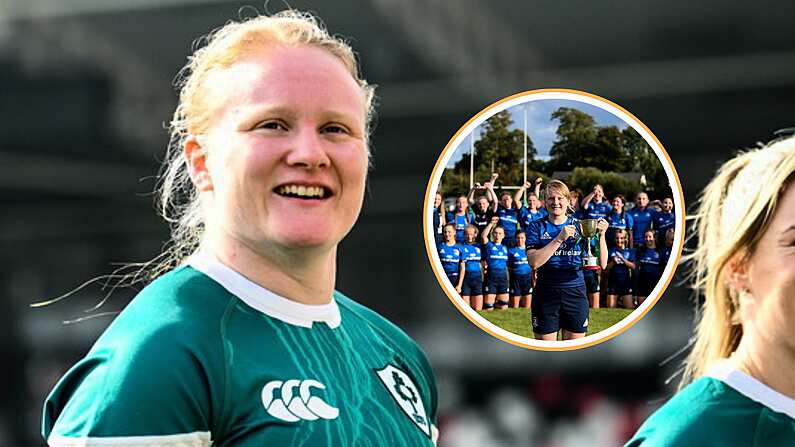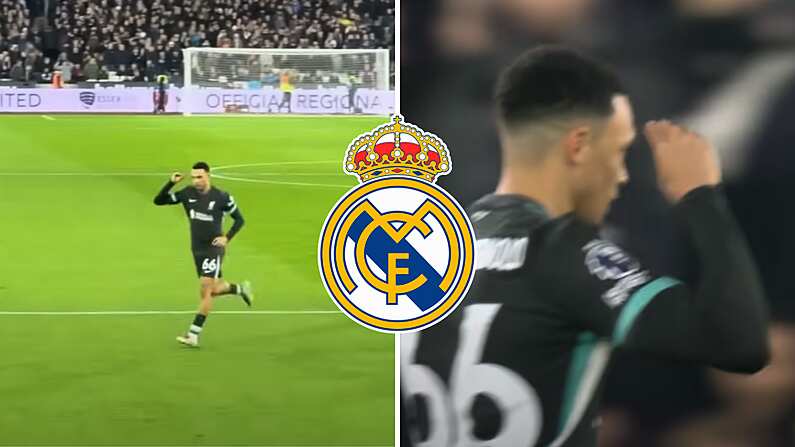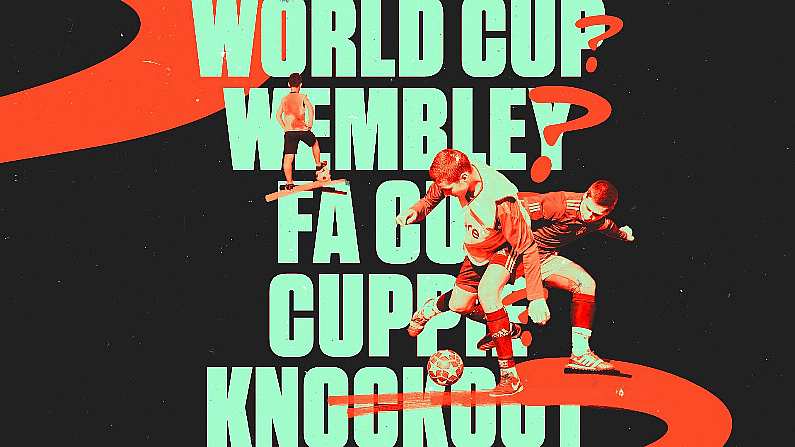Those in the United States have better access to the best sports documentaries on Netflix, thanks to the availability of ESPN's 30 For 30 to those across the Atlantic.
The UK and Irish version, however, is often frustratingly limited in the sporting documentaries on offer, but there is some gold if you know where to look. One such example is an utterly fascinating documentary about the French football team entitled Les Bleus: Une Autre Histoire de France, or Les Bleus: Another History of France en Anglais.
It is in French but subtitled in English, and if you don't mind putting up with that, it's well worth your time.
The documentary charts the remarkable rise and fall of the French national side since 1996, encompassing the optimism of last year's European Championships.
It is undoubtedly one of the best sports documentaries on Netflix, as it looks at French politics and society through the prism of the national football team. The victorious 1998 team, with the likes of Zidane, Desailly, and Thuram were worshiped as a paragon of inclusion and multiculturalism, referred to in mythological terms, as the side of White-Black-Arab. This masked serious issues, however, and ultimately racial and ethnic tensions in France erupted as the national side declined; the squad hitting a sharp nadir with a botched friendly attempt between France and Algeria in France in 2001.
It examines the pros and cons as football being seen as a metaphor for society: the documentary ponders the theme that sport evolves faster than society, but also bemoans the fact that the football team were forced to solve socio-economic issues that were beyond politicians.
The examination of the characters is fascinating: the cerebral Lillian Thuram emerges as the star, with archive footage of Zinedine Zidane urging folk to vote for Jacques Chirac over the National Front's Jean-Marie Le Pen lingering in eerie comparison with the events of today. Arsene Wenger, Robert Pires, Francois Hollande, Raymond Domenech, Gerard Houllier, Thuram and Eric Cantona are among the best interviewees, as the documentary goes on to chart the ultimate dissolution of the myth of the '98 squad, as players take turns to come out in the media to pick sides in the furore over Laurent Blanc's private support of a quota system limiting the number of Africa-heritage players in the Clairefontaine youth academy.
This came after the Zidane head-butt, the Henry handball and the players going on strike in South Africa, with one French actor poignantly pointing out that this was the end of the 1998 squad's myth of inclusivity; the shattering of an illusion not served in the reality of daily life in France.
The terror attacks that have beset French society this millennium are under examination, too, with Bernard Lama of the '98 World Cup squad drawing parallels between the perpetrators of those attack and ethnic exclusion in the euphoria after the World Cup win:
The terrorists of today are those who watched us win the World Cup.
Like all great sports documentaries, it is not really about sport, but about the social matrix which football both lives in and enlivens.
Aimes Jacquet, the World-Cup winning manager in 1998, pithily sums up football as "learning to deal with injustice".
This documentary shows the danger of using football to obscure it elsewhere.









